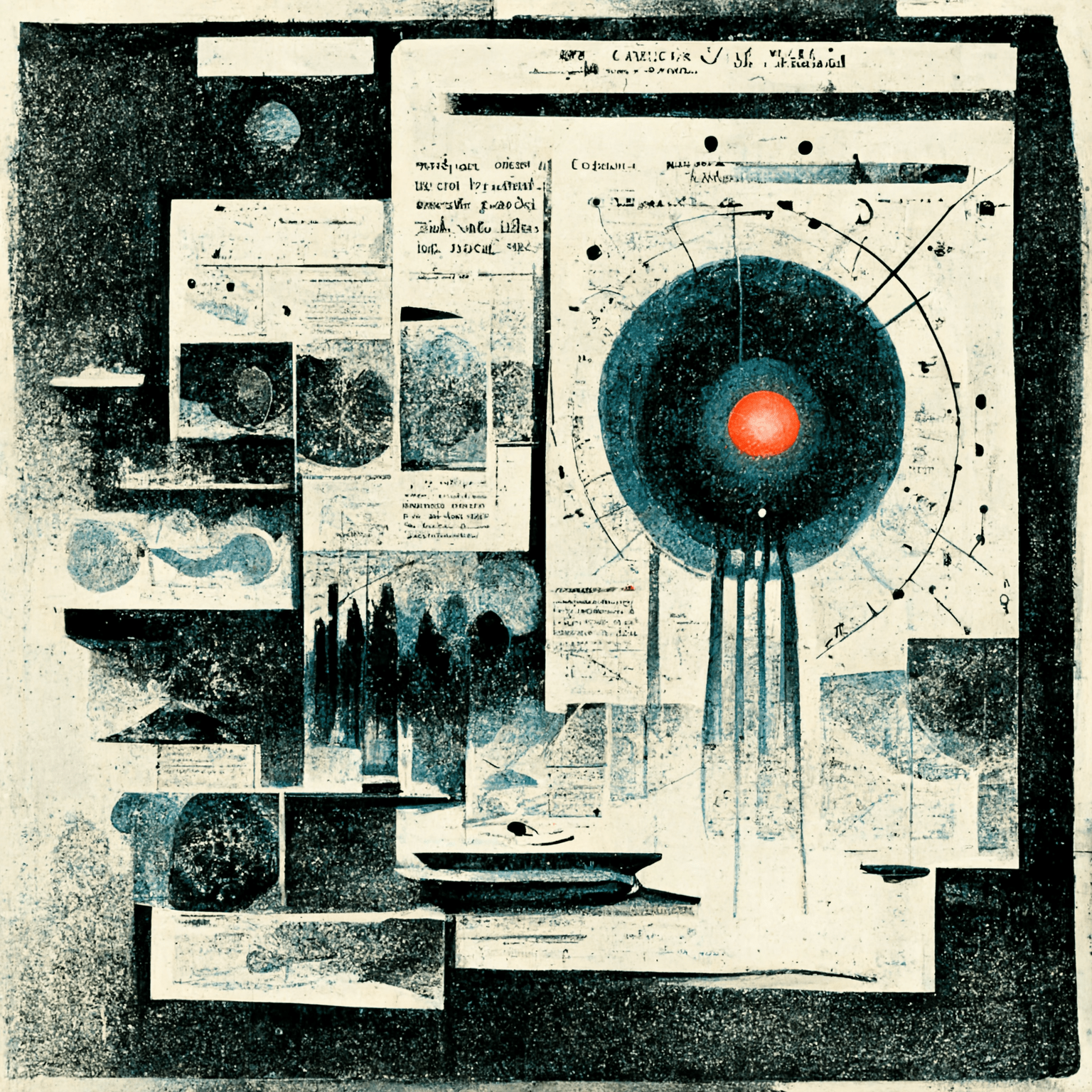The Halo Effect, also known as the Halo Bias, was named after psychologist Edward Thorndike and refers to people’s propensity to base their whole judgment of a person, thing, or event on one favorable attribute.
Thorndike noticed the impact after observing how military commanding officers viewed their soldiers as either being entirely good or entirely terrible. There were very few people who were good at one thing and bad at another. The officers’ assessments were disproportionately influenced by one good or bad quality.
The Halo Effect can also be used to discuss attractiveness. People tend to think attractive people are smarter, more successful, and more well-liked. Even when evaluated for the same offense as an unattractive person, handsome people are given lower prison terms.
Customer experience, marketing, and advertising are also affected by the Halo Effect.
